Karen Boyle, senior vice president of human resources at the Graham Company, asks: Do the pros outweigh the cons when using AI in the hiring process? (Karen Boyle, SHRM - SCP, is senior vice president, human resources at the Graham Company.)

The demand for a strong workforce along with the competitive hiring landscape has put increased pressure on human resource executives. The average corporate position receives approximately 250 applications per job opening,
according to Zippia.
HR professionals are tasked with narrowing down the pool of applicants, conducting an extensive interview process, and hiring talent that fits the culture and needs of their respective companies.
Artificial intelligence has been introduced as a way to improve efficiencies throughout that process, and many say they’ve already implemented the tech. Sixty-five percent of recruiters say they’re currently using AI in the recruitment process and 96% of senior HR professionals say they expect AI to greatly enhance the talent acquisition process,
Zippia also reported. Those numbers speak for themselves.
As a HR executive, I have witnessed the benefits of what AI can do but I’m also cautious about the potential risks.
AI’s benefits
HR pros stand to gain benefits from AI in a number of ways, namely in interview prep, candidate vetting and overall time savings.
In terms of preparation, AI tools can be used to help HR craft appropriate questions for interview teams to ensure every interview is thoughtful. Interviewing doesn’t come naturally to everyone, so this step is critical in making sure employees are properly prepared and positioned for success. Among other things, AI can assist with strategic questions that go beyond typical prompts like,“tell me about yourself,” which are generic and often leave interviewees unsure where to begin. For example, at my company, we look for candidates who display traits of grit, tenacity and resilience. For us, being able to ask specific questions that demonstrate those traits is key. With adequate preparation throughout the hiring process, companies are more likely to secure the right talent. It’s also a two-way street: Interviewees want to know those they are being interviewed by are just as prepared as they are.
AI is similarly capable of streamlining the vetting process. When companies are hiring for multiple positions at one time, HR departments have limited bandwidth to properly review and vet candidates. By tapping into AI, the process is expedited and becomes more efficient for HR professionals. For instance, if a job listing requires certain industry expertise or a specific certification, AI can quickly identify the appropriate resumes that meet those requirements. This can help HR executives go from 250 applications to, let’s say,100. That makes the job exponentially faster and easier, as you have already weeded out those who would not qualify.
One common theme among those benefits? Time savings. Most hiring managers and recruiters who have used AI
say it saves time in the talent acquisition process. Knowing how important time is, AI can certainly serve as a resource to let HR leaders execute their jobs more efficiently. This is especially important as HR executives spend several hours a day reviewing applications, vetting candidates and preparing interviewers for conversations. With AI, HR pros may have more time to focus on other important elements of the job.
AI’s risks
Despite AI’s ability to streamline hiring processes and ease HR’s workload, companies must also account for the risks. Just like with any technology, there are some concerns that cannot be ignored.
When considered for use in the hiring process, AI inherently loses some of the nuance that comes from the human element. The tech often functions based on algorithms and because of this, there exists the potential for entire groups of candidates to be disregarded. In a situation like this, an algorithm-based outcome could stunt the growth and promotion of a company’s diversity, equity and inclusion efforts. Additionally, some companies are using AI to conduct actual interviews, which fully eliminates the human approach to hiring, inhibiting the discovery of certain attributes in applicants like work ethic, dedication and drive.
An organization also must weigh the significant security risks that AI can pose. When using this technology, hiring managers working with personal data must be aware that some tools use any data entered to train the system. This can increase the risk for breaches in privacy. We’ve already seen troubling headlines of the security flaws of various AI tools. In fact, a major multinational appliance and consumer electronics company announced earlier this year that it would be
banning employees from using AI tools after sensitive company information was leaked.
Finally, HR professionals need to be mindful of how AI can be used by potential candidates to manipulate resumes and skill sets to better position themselves for listed job qualifications. For example, a candidate can use AI to determine the best key words or phrases to use when applying for a specific position. Trying to combat this issue adds a challenging layer to the already complex and time-consuming hiring process. This further underscores how crucial the human element is to the hiring process, allowing HR leaders to identify inconsistencies between what is on a resume and what it said in an interview.
So, the question remains: Do the pros outweigh the cons when using AI in the hiring process? That is for each company to determine. For me, it’s about striking a balance and using the technology to serve as a complementary element.
SOURCE HRDIVE
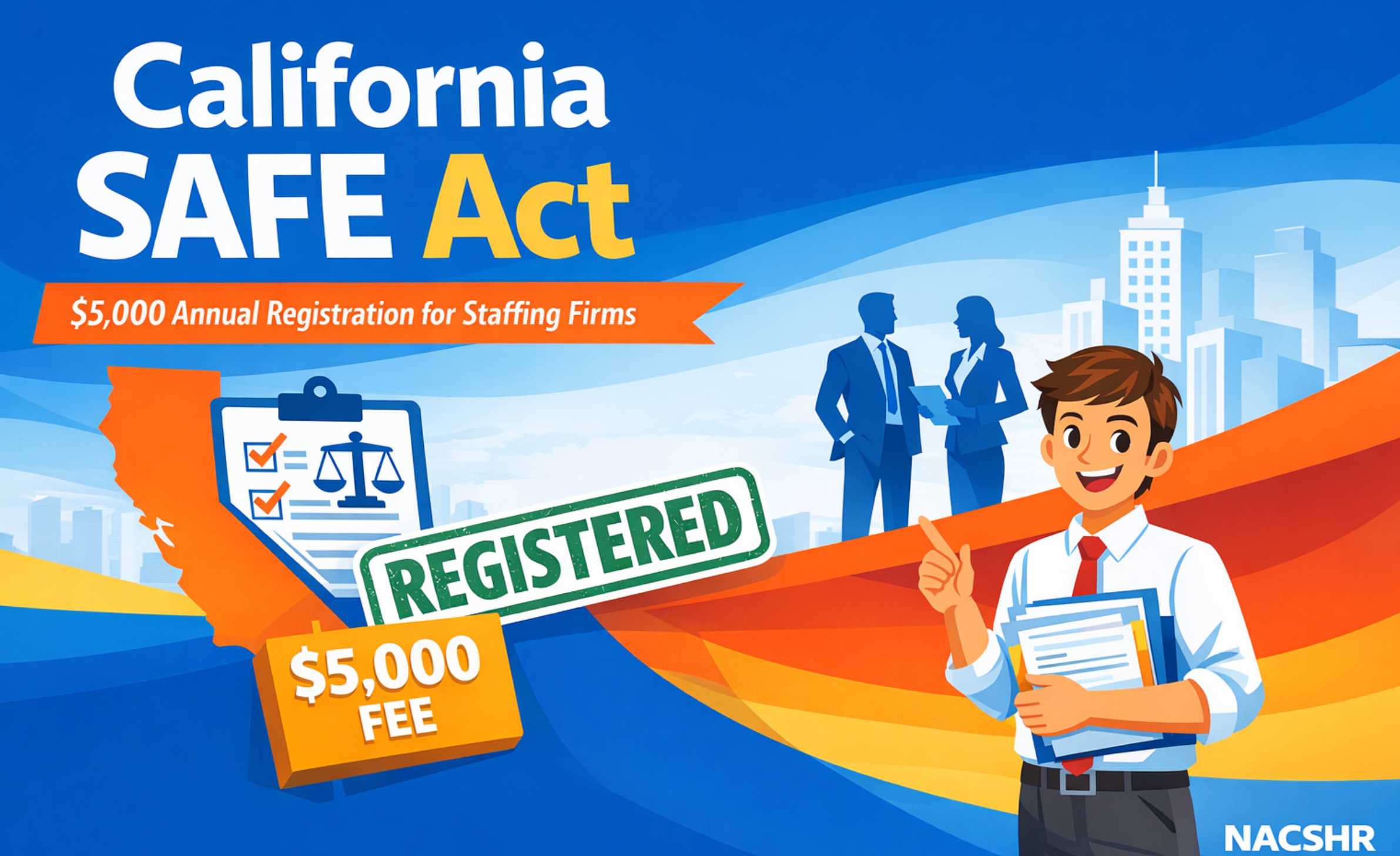
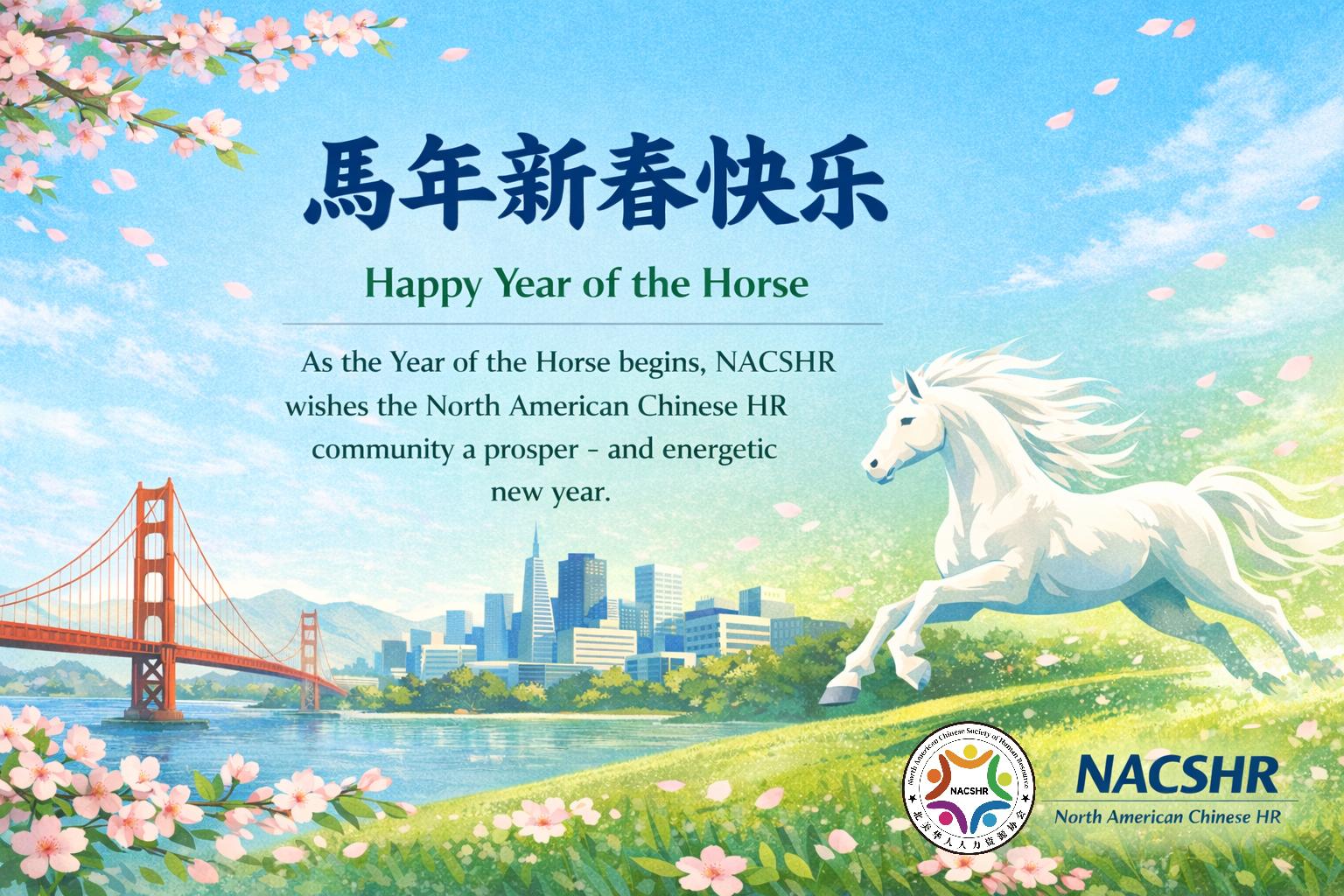
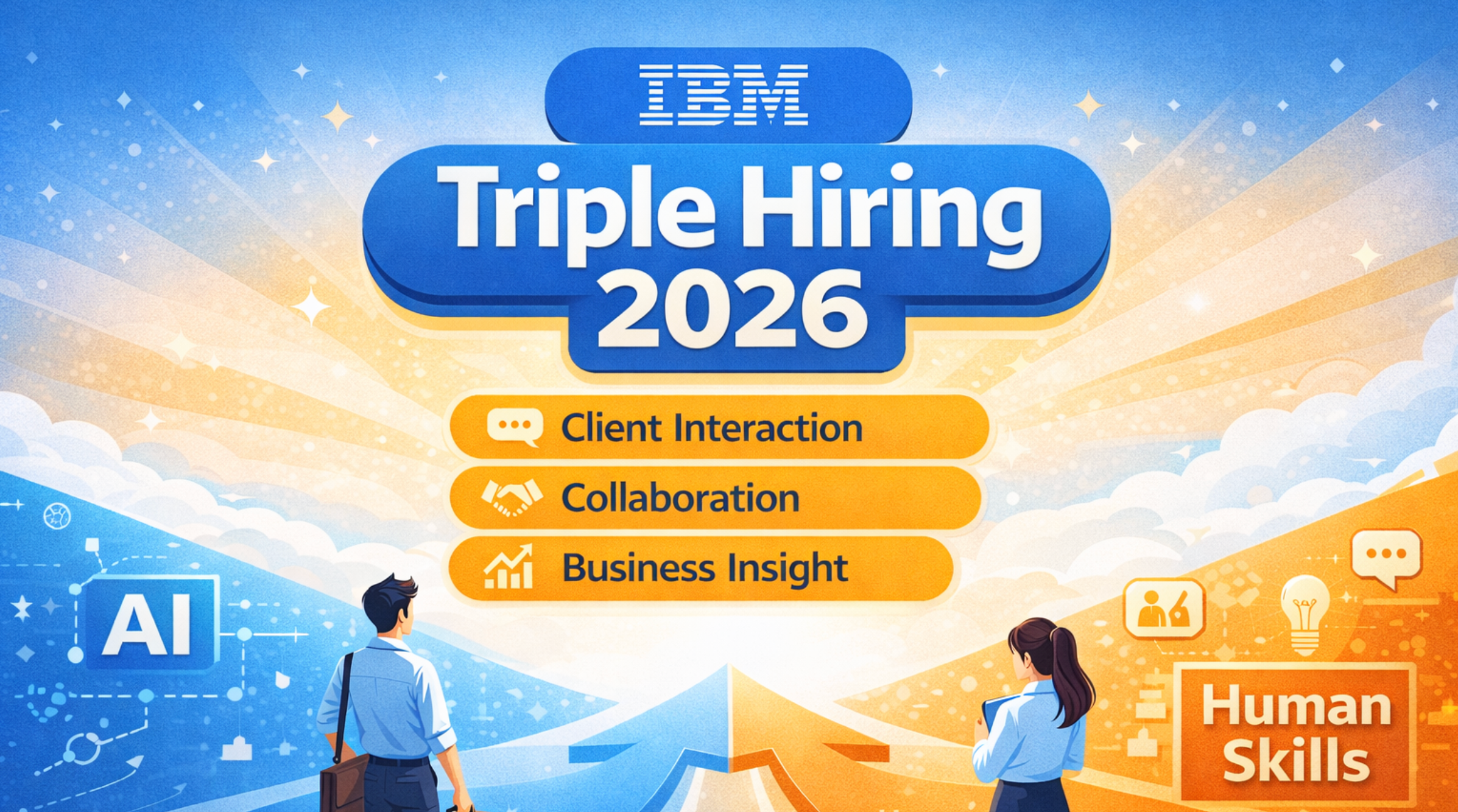
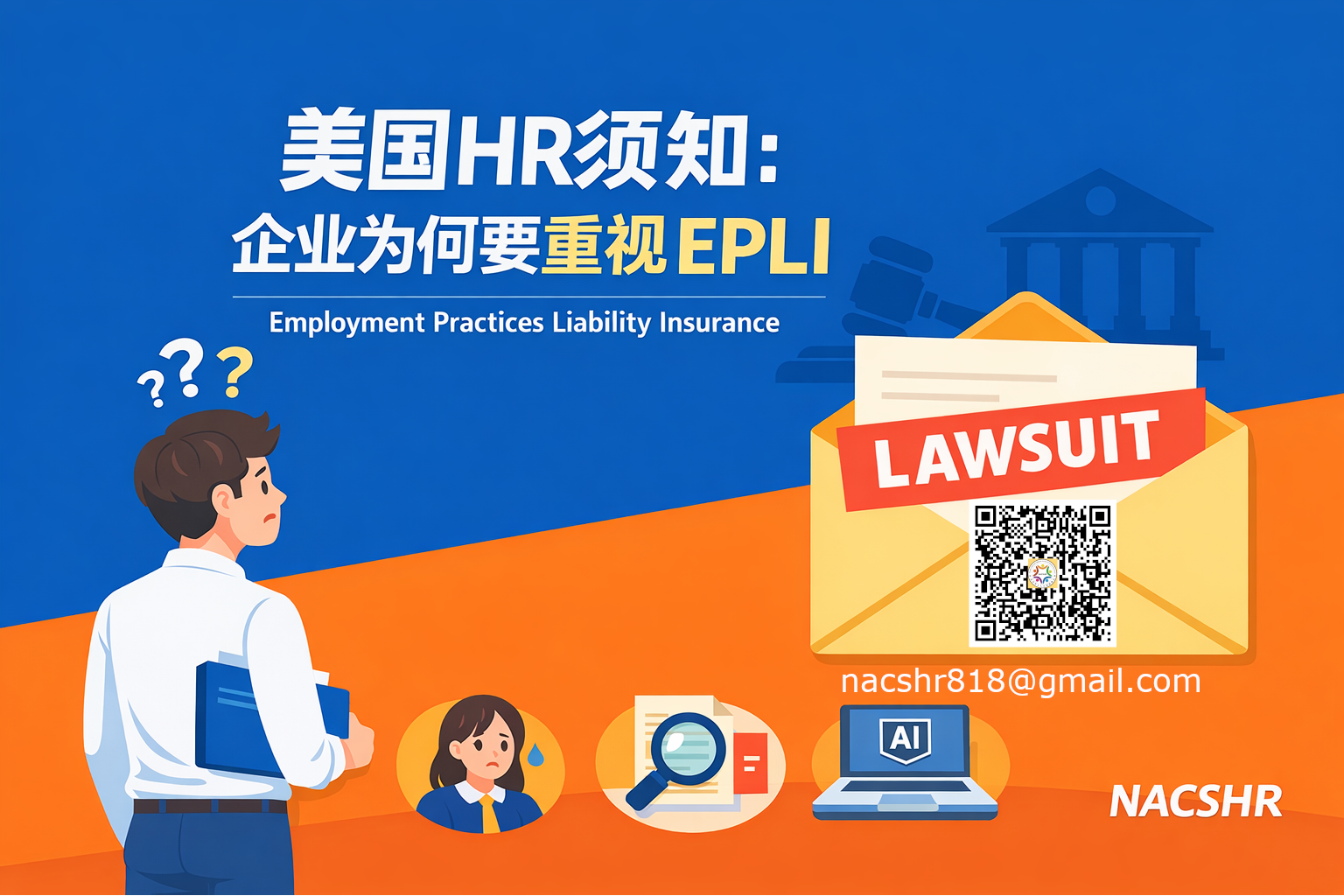
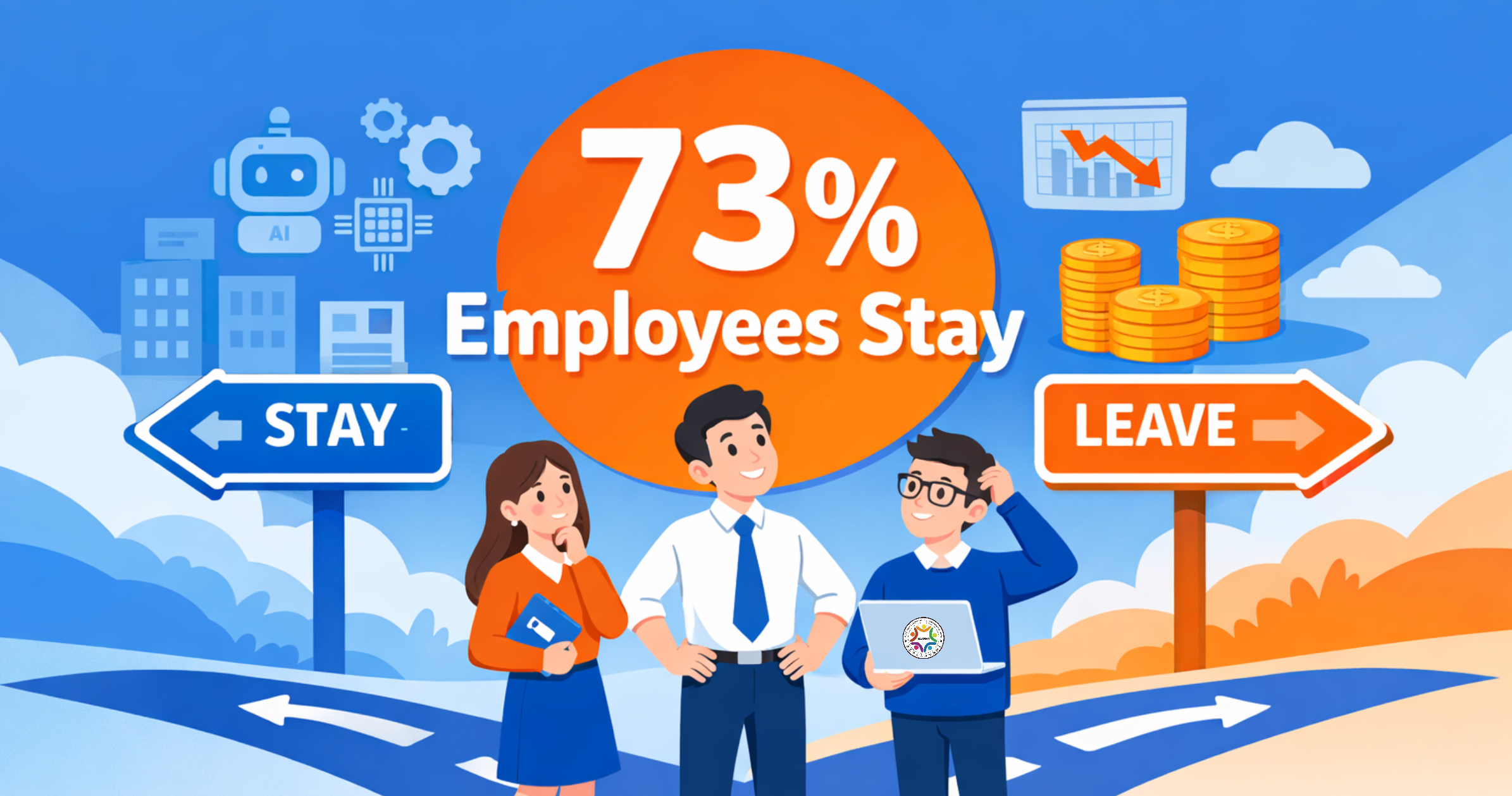
 扫一扫
添加客服
扫一扫
添加客服
